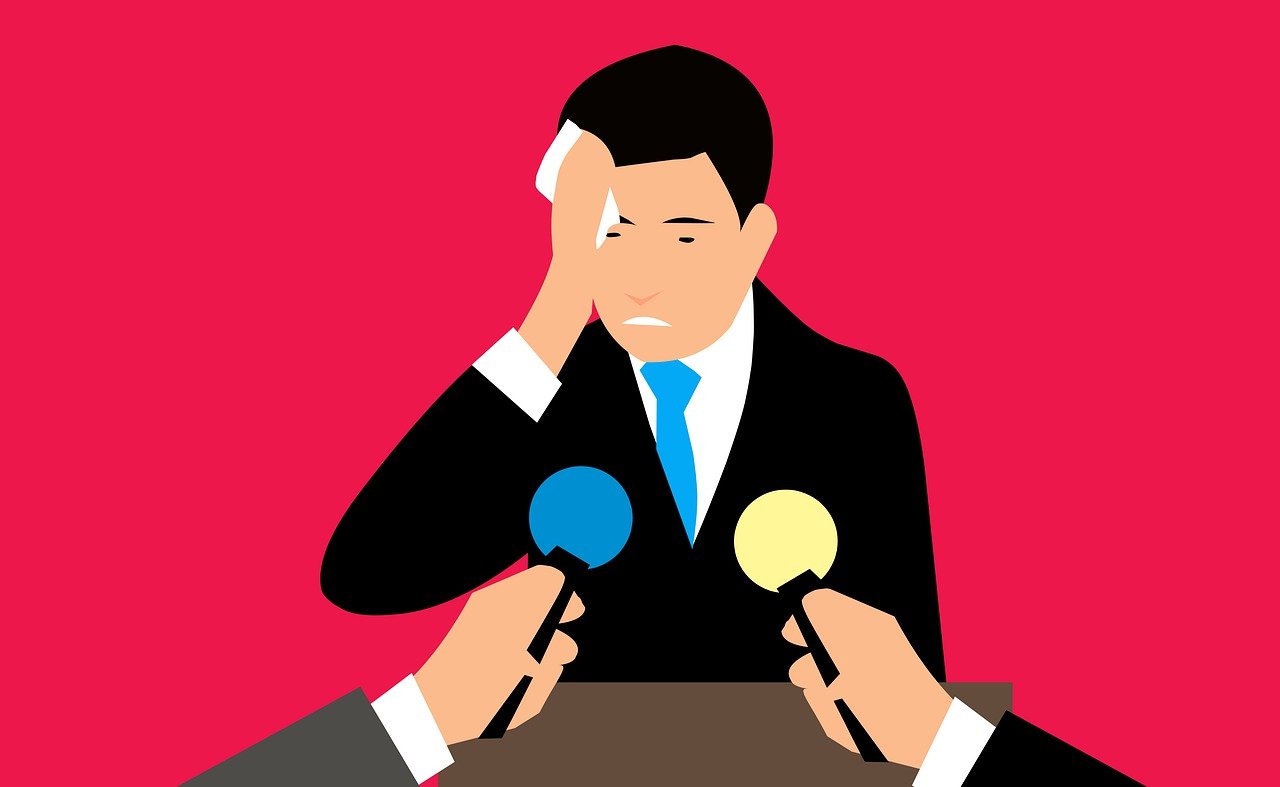Stage fright, also known as stage phobia, stage fear and performance anxiety, is a pervasive fear that affects many people, whether they are delivering a speech, performing in a play, or even participating in a meeting. While the symptoms of stage fright are well-known, the underlying causes can be more complex. Understanding these causes is the first step towards overcoming this common yet often debilitating fear. Let’s explore the primary reasons behind stage phobia.
1. Fear of Judgment and Criticism
One of the most common reasons for stage fright is the fear of being judged or criticized by the audience. This fear can stem from:
Perfectionism: Individuals who strive for perfection may fear making mistakes or not meeting their own high standards.
Previous Negative Experiences: Past experiences of criticism or negative feedback can lead to a heightened fear of being judged in future performances.
2. Lack of Experience or Preparation
Inexperience or inadequate preparation can significantly contribute to stage fright. When individuals feel unprepared, their confidence diminishes, leading to increased anxiety. This can include:
Unfamiliarity with the Material: Not knowing the content well enough can cause anxiety about forgetting lines or making errors.
Limited Practice: Insufficient rehearsal time can result in uncertainty about the performance.
3. High Stakes and Pressure
The pressure to succeed or the high stakes associated with a performance can exacerbate stage fright. This pressure might come from:
Professional Expectations: When a performance is tied to one’s career or reputation, the pressure to excel can be overwhelming.
Personal Goals: Setting extremely high personal goals or fearing the consequences of failure can increase anxiety.
4. Biological and Psychological Factors
Several biological and psychological factors contribute to stage fright, including:
Fight-or-Flight Response: The body’s natural response to perceived threats involves the release of adrenaline, which can cause symptoms like rapid heartbeat, sweating, and trembling.
Personality Traits: Individuals with certain personality traits, such as introversion or high sensitivity, may be more prone to experiencing stage fright.
5. Lack of Control
Feeling out of control can heighten anxiety. This lack of control may relate to:
Unpredictable Audience Reactions: Not knowing how the audience will respond can create a sense of vulnerability.
Technical Issues: Concerns about technical problems, such as microphone failures or lighting issues, can contribute to anxiety.
6. Social Anxiety Disorder
For some individuals, stage fright is a manifestation of a broader social anxiety disorder. This condition involves an intense fear of social situations where one might be scrutinized or judged. Characteristics include:
Excessive Self-Consciousness: A heightened awareness of oneself in social or performance situations.
Avoidance Behavior: Avoiding situations where one might have to perform or speak in public.
7. Cognitive Distortions
Negative thought patterns, or cognitive distortions, can fuel stage fright. Common distortions include:
Catastrophizing: Expecting the worst possible outcome, such as believing a single mistake will ruin the entire performance.
Overgeneralization: Assuming that a single negative experience will always recur in future performances.
8. Comparison with others
Comparing oneself to others can lead to feelings of inadequacy and heightened anxiety. This comparison might be with:
Peers and Colleagues: Noting the success and confidence of others and feeling inferior in comparison.
Public Figures: Comparing oneself to highly experienced or famous performers can create unrealistic standards.
If you also miss stage opportunities due to these issues, get consultation by clicking on this link ☛ Book Appointment
Conclusion
Understanding the root causes of stage fright is essential for developing effective strategies to overcome it. Whether the fear stems from a lack of experience, high stakes, biological responses, or psychological factors, acknowledging these reasons allows individuals to address their anxiety more constructively. By recognizing and addressing the causes of stage fright, individuals can begin to build the confidence needed to perform successfully and enjoyably. Remember, the first step to conquering any fear is understanding it.

Charu, Founder of PsychoSafari, is an Assistant Professor at Amity University and have research interest in Positive Psychology. She is a certified Guidance Psychologist and Mental Health Counsellor.
